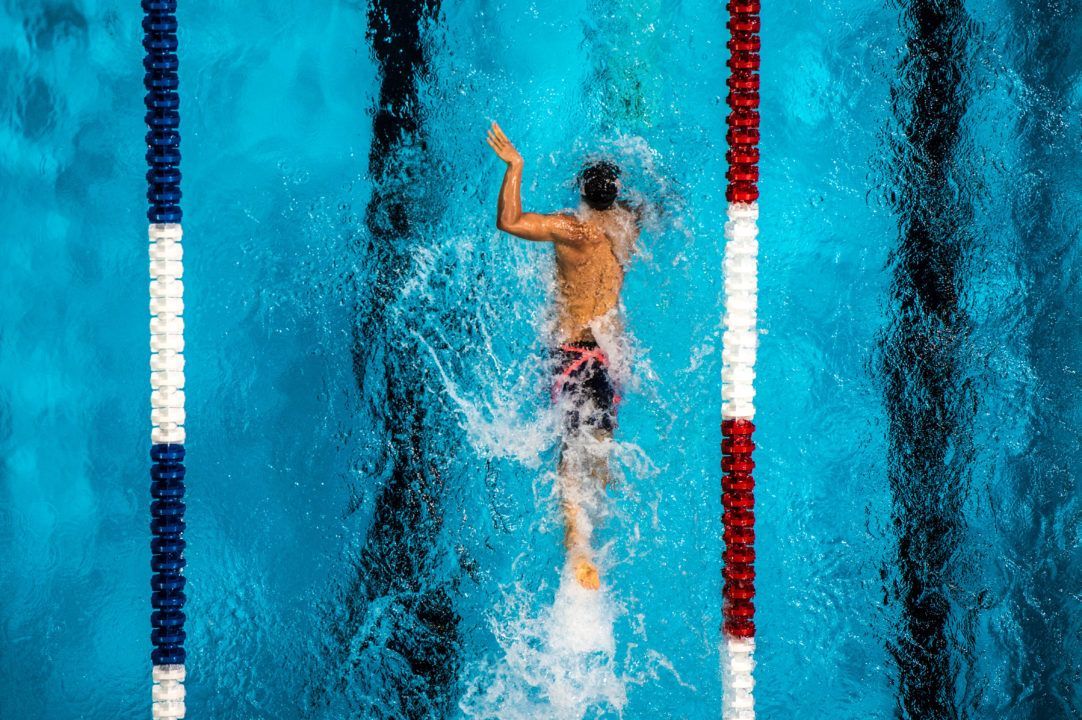By Rebecca Smith, M.A.
At some point in your sport career you will experience a setback
Setbacks come in the form of illness, injury, missed training, family needs, etc. Afterward, it can feel impossible to get back to where you were. And in some cases, you may never end up training or competing at such a high level.
In these situations, a common pitfall is the tendency to compare yourself to others. It’s not fair to compare yourself to people who were training full out the whole time you were recovering. Focusing on where you “should” be leads to overwhelm and depression. The thought of never catching up to your peers sends you into frustration and self-pity.
Joanna’s story
A client of mine, we’ll call her Joanna, was a star swimmer on her club team. She was the freshman prodigy. The youngest in her elite training group. She was the one to watch.
On a family vacation to Hawaii, she broke her hand surfing. The injury took her out of practice for 2 months on and off. She went from the rising star freshman to a bummed out junior who felt like she was getting worse every day. She compared herself to where she was pre-injury and felt like such a failure.
Let’s face it, life gets lifey. Things happen. We can’t change the past, so what’s can you do about it?
Setting small goals to get your groove back
I worked with Joanna to set small, daily goals based on her current reality, not how she “should be” swimming. Every time she reached one, she felt a little more empowered.
Every week we stepped it up a little. She pushed a little farther outside her comfort zone.
The only person she was allowed to compare herself to was Joanna, post-injury.
She was able to be a positive force on her team, building up her teammates, rather than being resentful of them for their success. She started enjoying practice again, and got recruited to swim at her 1st choice college (her BIG goal!).
Here’s a personal example
All throughout my gymnastics career I had incredible core strength. It took zero effort to get my core tight and strong. I could gain or lose 15 pounds no problem and never worried about my weight. Even years later, I could depend on my core to snap right back after a hiatus of working out.
Sometimes setbacks come in the form of wonderful events
Then my daughter came along. I was hit with back pain I had never experienced because my core strength went out the window. I also gained 50 pounds during pregnancy and that last 20 stuck like the best friend I didn’t want.
I resigned to buying bigger “mom” clothes and accepted that I was past my peak.
Ugh. What a terrible story!
6 months into mommyhood, I had about enough of that thinking. Instead of thinking, I’ll never be able to get to the gym/take that class/get back to where I was, I started searching for my possibility mindset. Ok, if going to the gym every day for 2 hours is not possible while running a business and raising a baby, what is?
What’s possible for me today?
I can always find 15 minutes to get my heart rate up. Even 15 minutes counts.
Each week I set small, realistic goals to keep the momentum going. I was back to my pre-pregnancy weight with a strong core by the time my little one was 9 months old.
Take action
If you’re struggling with self-pity and frustration because you aren’t where you want to be, stop the comparison game. Stop it right now. Instead, think to yourself:
- What’s reasonable for me right now?
- Set a goal that’s just outside your current comfort zone
- Reach it
- Repeat
This is how you build your confidence back up and tap into the reason you swim. The satisfaction of progress on a daily basis will bring the joy back into swimming. When you swim happy, you swim better and you bring others up with you.
Rebecca Smith, M.A. is a former competitive gymnast and High Performance Coach in the SF Bay Area. She specializes in mental toughness training for swimmers and gymnasts age 10-18 and their parents.
Are you giving your young swimmer the best chance at success?
The longer you wait, the more tears and frustration you will have to deal with. Join us in the #PerformHappy Community. Go to www.performhappy.com and we’ll help you navigate the ups and downs of sport parenting.
AB
